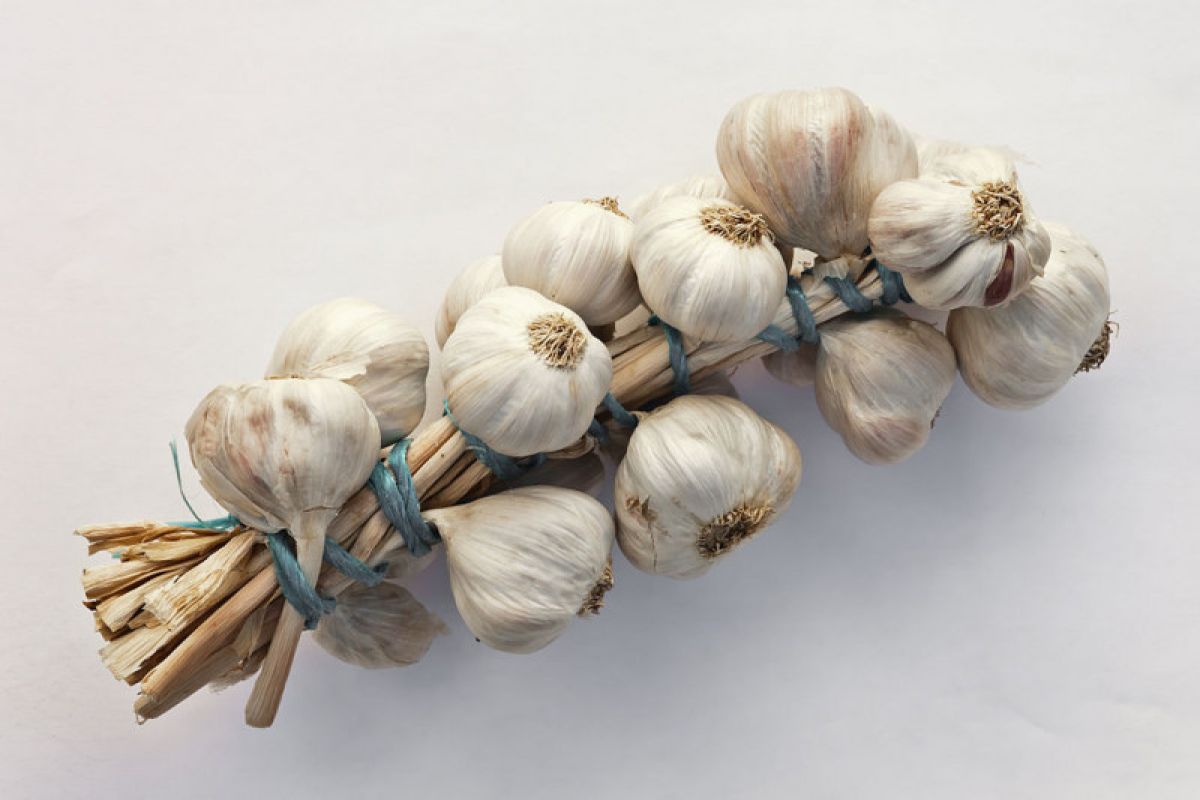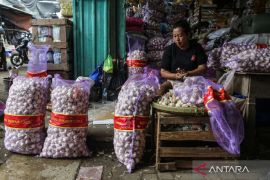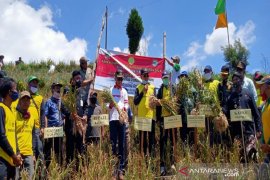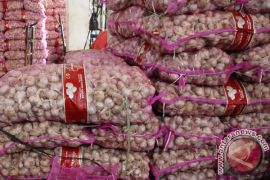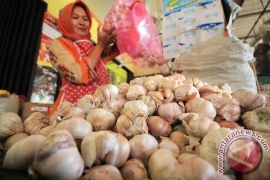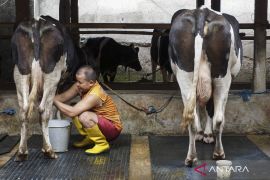Rampant cases of conversion of farm land due to weather phenomenon and unproductive land also impact the realization of the target, Assyifa Szami Ilman, researcher at the Center for Indonesian Policy Studies (CIPS), noted in a written statement made available to Antara on Thursday.
Moreover, the government must evaluate Agriculture Minister's Regulation No. 16 of 2017 that necessitates all garlic importers to cultivate garlic domestically, with a production of five percent of the total imports.
Ilman pointed to farm land shortage making the regulation ineffective.
The dearth of farm land and conversion have made it difficult to find land at a certain height and a specific climate, he noted.
Garlic must be grown on land situated at a height of 700-1,300 meters above sea level. The area of such land has increasingly become limited, he cautioned.
"We must admit that local garlic production still fails to meet the demand, so we continue to import the commodity. On the other hand, the government has worked consistently to uphold prudential principles in issuing regulation. However, at times, we notice that some regulations are hindering the import of the commodity that is actually required," he stated.
Hence, the government can come up with a special policy as a substitute to the existent one without the need to adhere to the burdensome regulation. For instance, compulsory planting can be conducted, especially to avoid a hike in the prices.
EDITED BY INE
Translator: M Razi Rahman, Suharto
Editor: Fardah Assegaf
Copyright © ANTARA 2019
